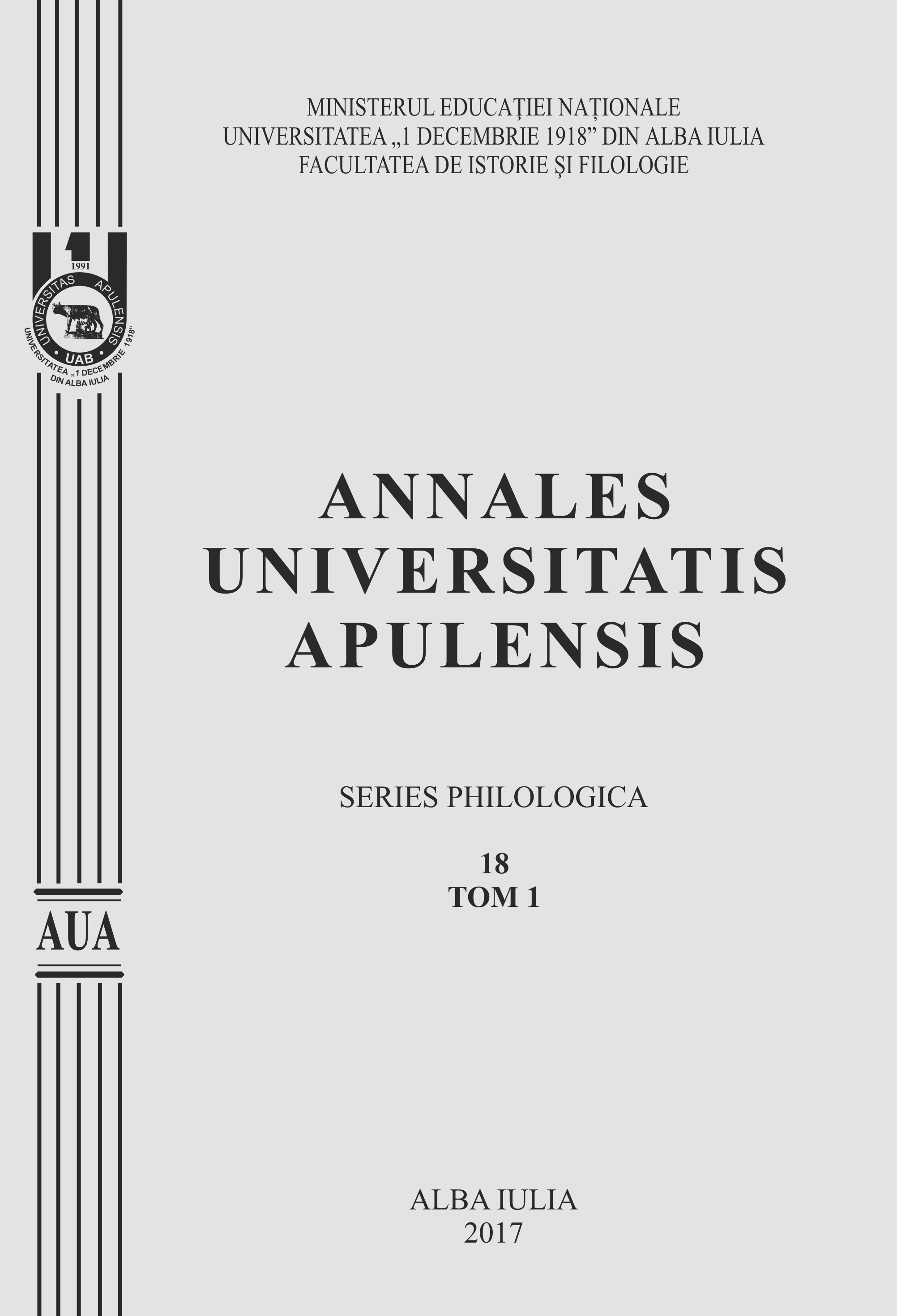INTERFERENȚE NEURO-COGNITIVE ÎN MULTILINGVISM
NEUROCOGNITIVE INTERFERENCES IN MULTILINGUALISM
Author(s): Ioana TodorSubject(s): Language and Literature Studies
Published by: Universitatea »1 Decembrie 1918« Alba Iulia
Keywords: multilingualism; bilingualism; neurolinguistics; critical periods in language learning; neuromyths about multilingualism
Summary/Abstract: Multilingualism is a common phenomenon in the contemporary world, since available data indicate that bilingual and multilingual speakers outnumber monolingual speakers in general population. In cognitive neuroscience, a comprehensive description of the phenomenon is questionable, because of the large number of individual differences and contextual variables (e.g. the degree of similarities between the languages, age of acquisition, motivation, amount of exposure, learning strategies and learning experiences). This paper revises research data from cognitive neuroscience aiming to offer some possible answers to practical questions regarding multilingualism. These possible answers are organized around two main questions: 1. There is a critical period in second language learning? 2. What are the cognitive and behavioral consequences of bi/multilingualism?. Several "neuromyths" about multilingualism are also discussed.
Journal: Annales Universitatis Apulensis. Series Philologica
- Issue Year: 18/2017
- Issue No: 1
- Page Range: 603-612
- Page Count: 10
- Language: Romanian

